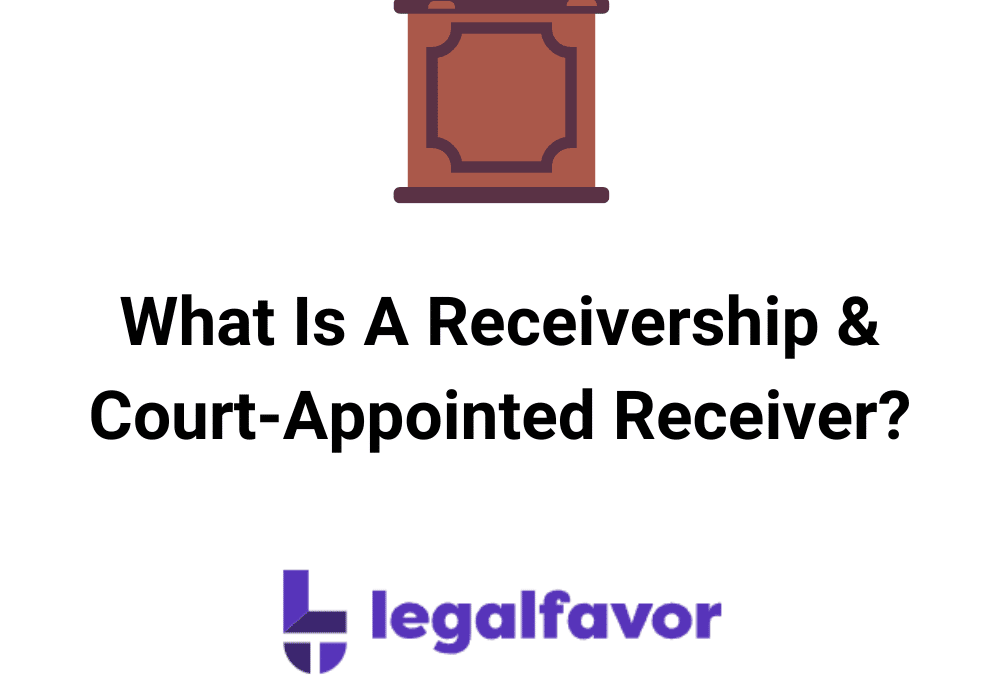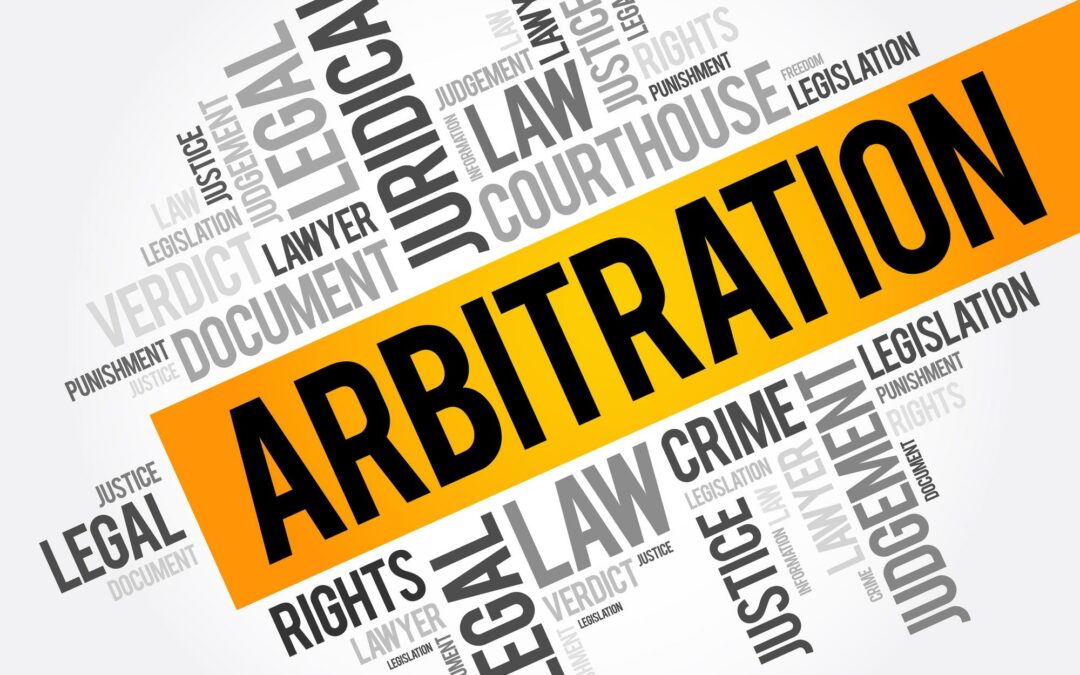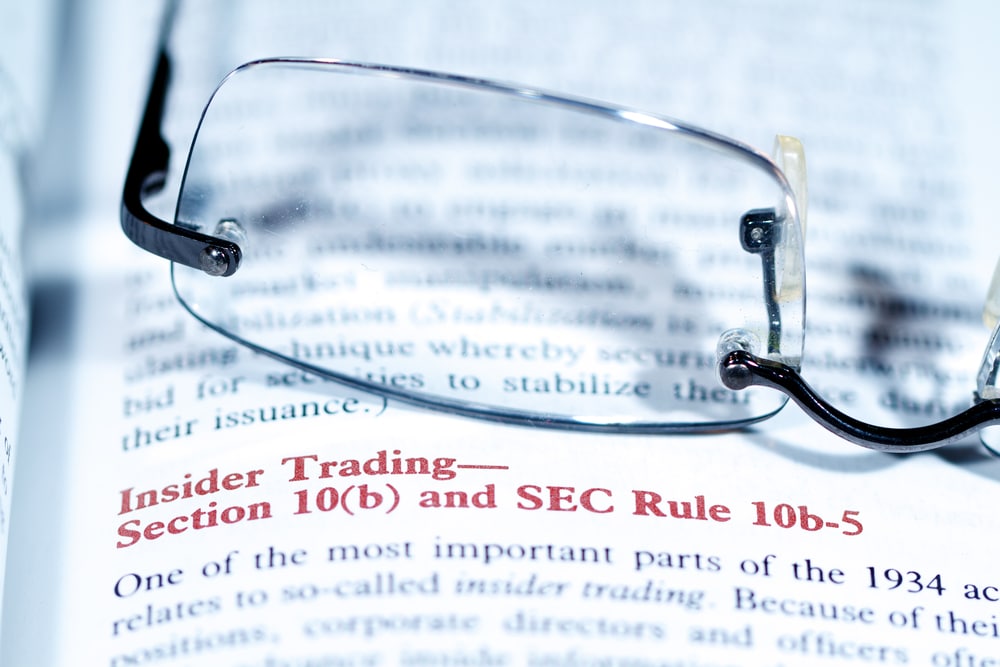It is typical for investors to work with an investment brokerage firm and be assigned to a specific investment broker to assist them with their investment plans. Generally, working with an...


It is typical for investors to work with an investment brokerage firm and be assigned to a specific investment broker to assist them with their investment plans. Generally, working with an...

Receivership is a process that occurs when the Securities and Exchange Commission (SEC), the Federal Trade Commission (FTC), or the Consumer Financial Protection Bureau (CFPB) suspects a company or...

It is not unheard of for shareholders and investors to rely on investment brokers and investment firms for the management and possibility of growing their wealth and financial investments. These...

The term fiduciary duty is often mentioned in corporate documents, compliance discussions, newspaper headlines, and lawsuits. After all, it is an important concept that serves as a basis for...

SEC Rule 10b-5, otherwise known as the Employment of Manipulative and Deceptive Practices, serves as the primary basis for investigating security fraud allegations. This rule generally makes it...

The Securities Exchange Act of 1934 gave the SEC broad authority over securities violations investigation in efforts to curb securities fraud. Moreover, Rule 10b-5 provides private citizens, or...

Find out the difference between direct claims and derivative lawsuits, and the actions shareholders can take against a company.